Cancer Diet: The Ultimate Guide To Eating For Cancer Patients – Part 1
1- Why should I care about my cancer diet?
2- Can I prevent cancer by changing my diet?
3- What are my goals for my cancer diet during cancer treatment?
4- What should I watch for if I am undergoing chemotherapy or radiation therapy?
5- What should I watch for if I am undergoing surgery?
In Part 2 we discuss the following:
6- What should I do if I have nausea?
7- What should I do if I cannot taste food or my taste buds change?
8- What should I do if I have mouth sores or a dry mouth?
9- What should I do if I have constipation or diarrhea?
10- What should I do if I have low white blood cell counts?
11- What should I do if I am losing weight (anorexia)?
12- What if I cannot eat? The role of feeding tubes.
Introduction:
If you or a loved one is diagnosed with cancer, you may have many questions. How will my life change? What can I do to make treatment more effective? Will I be able to keep up with my usual lifestyle and activities?
While there is a lot of uncertainty surrounding a cancer diagnosis and your treatment plan, you can take some steps to stay in control. One of the most important things you can do as a cancer patient or as someone who is supporting a cancer patient is to take nutrition seriously. Nutrition can play a role in the entire treatment and recovery process.
The following is an extensive guide of all what you need to know about nutrition and cancer diet. We will learn everything from why it is important to how to monitor your diet to what you can do to stay as well-nourished as possible. Much of the information is available on the websites of the National Cancer Institute, or NCI, the American Cancer Society, or ACS, and the American Institute for Cancer Research, or AICR. We have summarized this information in one place and put links to their websites at the bottom. Please visit them if you have more questions or contact us at info@cancerdocs.com or use our chat.
1. Why should I care about my cancer diet?
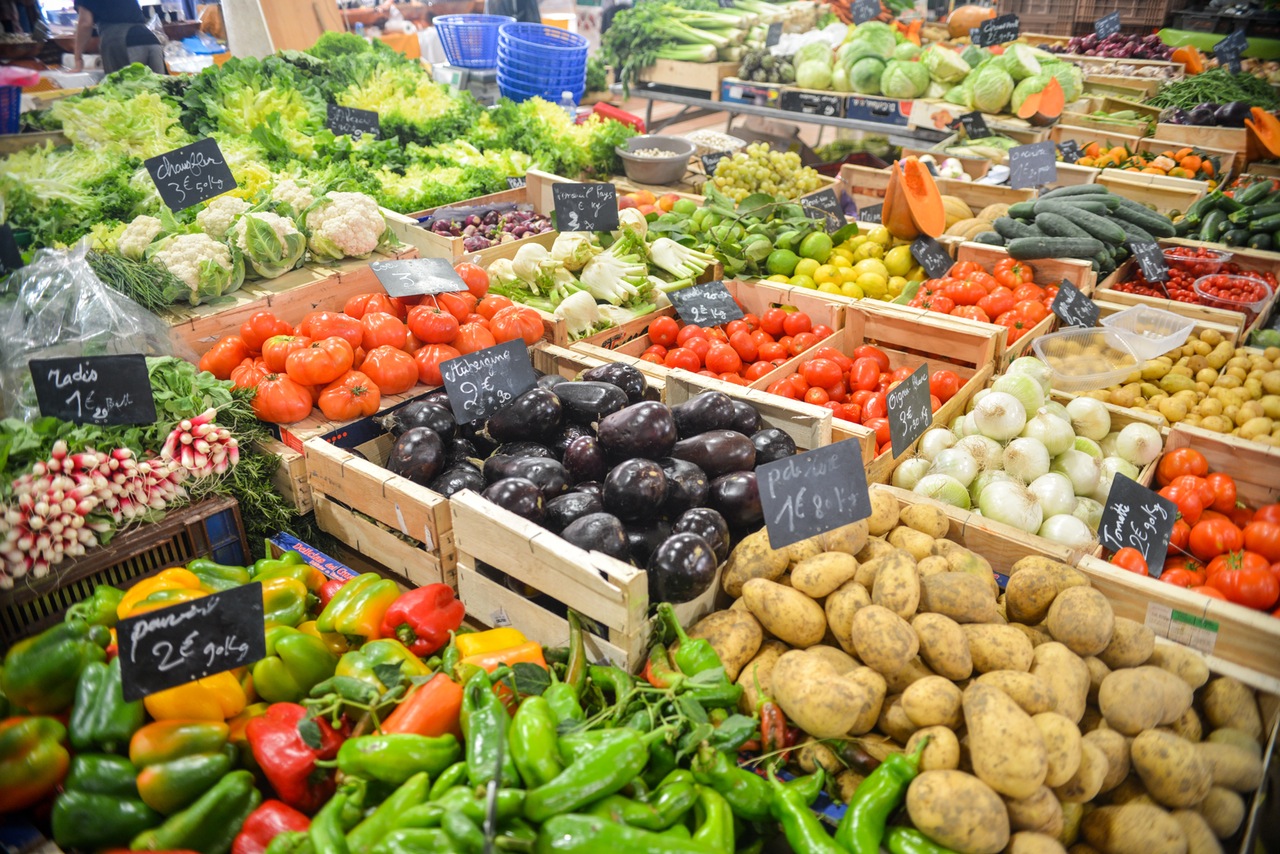 This is the most common question we get from patients. The answer is simple: You should care because nutrition plays a critical part in cancer prevention as well as in supporting you through treatment and recovery. A large part of the focus when going through a cancer diagnosis and treatment program may be about getting medical tests.
This is the most common question we get from patients. The answer is simple: You should care because nutrition plays a critical part in cancer prevention as well as in supporting you through treatment and recovery. A large part of the focus when going through a cancer diagnosis and treatment program may be about getting medical tests.
These will include blood tests and radiological exams like MRI or CT scans. Add to that needing to go through rounds of chemotherapy or radiation therapy.
However, your holistic treatment goes beyond the exam room. Cancer patients do better during and after treatment when they have a better cancer diet. That means you really should care about your cancer diet. In the next four paragraphs, we will tell you how cancer changes your body and what you can do about it:
a. Cancer can change the way the body uses food?
Eating has been part of your entire life, but the way your body uses food can change with cancer. Without cancer, your body is able to use the nutrients you eat for things like metabolism and staying healthy.
If you have cancer, your body may not be able to use these nutrients the same way. Tumors can reduce your body’s ability to absorb important nutrients such as protein, fat, and carbohydrates, especially when the tumor is in the digestive tract such as the stomach or intestines. You may need to eat more than you did before. That means that you may not be eating enough if you are only eating your pre-cancer amount of food.
b. Good nutrition keeps cancer patients strong
Nutrition is important in keeping you healthy no matter what, but it has even more roles for cancer patients. Just like they were without cancer, some of the roles of nutrition with cancer are to strengthen your immune system, give you energy, and let your body repair and maintain healthy cells and tissues.

A solid cancer diet plan helps you stay strong during treatment. Just like it did your whole life, good nutrition also supports a strong immune system. This is especially important during cancer treatment to help fight off infections and to beat cancer.
A good cancer diet also helps you have more energy so you feel better. Traveling to get treatment and see doctors can be exhausting, not to mention the strain of the actual chemotherapy or radiation therapy sessions you may have. Keeping up your energy during this time can help you stay positive, which can improve your prognosis.
c. The importance of calories and where to get them
You may need to pay a little more attention to your eating habits during cancer treatment to make sure you are getting good nutrition and doing the best you can to prevent infections, make your treatment work as well as possible, and have a better quality of life.
It is especially important to get enough calories and protein. Calories are a unit of energy in food. Your body gets them from carbohydrates, fat, and protein. Nearly all foods have calories, and foods with more fat and less water tend to have more calories. Protein foods include meat, poultry, fish, dairy products such as milk, yogurt, and cheese, eggs, beans, and nuts.
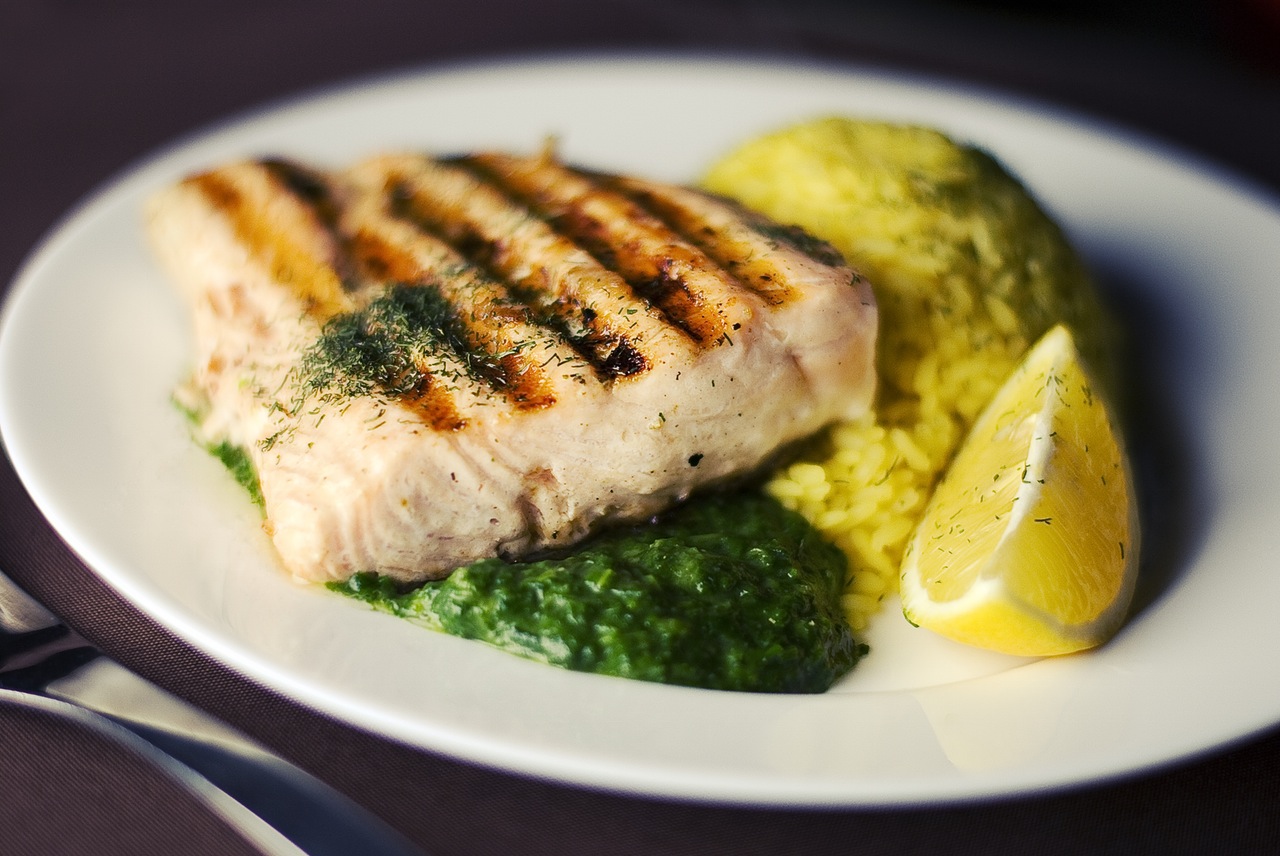
Vitamins and minerals are other nutrients that your body needs. Vitamins and minerals are in a variety of healthy foods. You can get a wider range of the vitamins and minerals that your body needs when you choose to eat many different types of foods.
Eating more frequent meals and snacks can help you get more calories and nutrients. If you are having trouble getting enough to eat, you may need to supplement your diet with shakes. Your doctor may also recommend certain vitamin and mineral supplements to boost your intake if you need it.
d. You should eat to prevent and avoid malnutrition
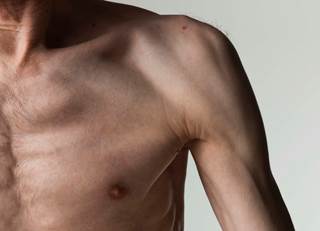 It may be hard to believe since most people have no trouble getting enough food to eat for most of their lives, but you may have trouble eating enough when you have cancer. One reason is that you may have anorexia, which is a lack of hunger. You may not feel hungry or have any desire to eat.
It may be hard to believe since most people have no trouble getting enough food to eat for most of their lives, but you may have trouble eating enough when you have cancer. One reason is that you may have anorexia, which is a lack of hunger. You may not feel hungry or have any desire to eat.
You may get anorexia earlier or later in the process of your diagnosis or treatment. Anorexia affects nearly all cancer patients with advanced disease. NCI points out that for cancer patients, anorexia is the leading cause of malnutrition. That is why it is especially important to do what you can to consume enough calories and nutrients starting as soon as possible.
Anorexia leads to malnutrition by making it harder for you to take in enough calories and nutrients. Another form of malnutrition is cachexia, which is also known as wasting syndrome. Along with reduced appetite, signs of cachexia include weight loss and loss of muscle or muscle atrophy. You can also feel weak. Doing what you can to prevent cachexia early in your cancer diagnosis and treatment can help improve recovery.
Nutrition strengthens your immune system, lets your body maintain healthy cells & tissues Click To Tweet
2. Can I prevent cancer by changing my diet?
This is also a very common question we get. Cancer can affect anyone and it is often unpredictable, but there are some things you can do to prevent certain types of cancer. A great deal of research shows that improving your nutrition, maintaining a healthy weight, and being physically active regularly can lower your risk for some cancers.
Research compiled by IACR shows some of the estimates on how big of a role diet and exercise can play in various types of cancer. For example, you may be able to lower your risk for esophageal and mouth, pharyngeal, and laryngeal cancers by following a healthy diet. Nutrition and physical activity may play a role in about half of colorectal and endometrial cancer cases, and one-third of the cases of breast and liver cancers. Gallbladder, kidney, pancreatic, and stomach cancers are just some of the other cancers related to nutrition.
So what does it mean to eat right?
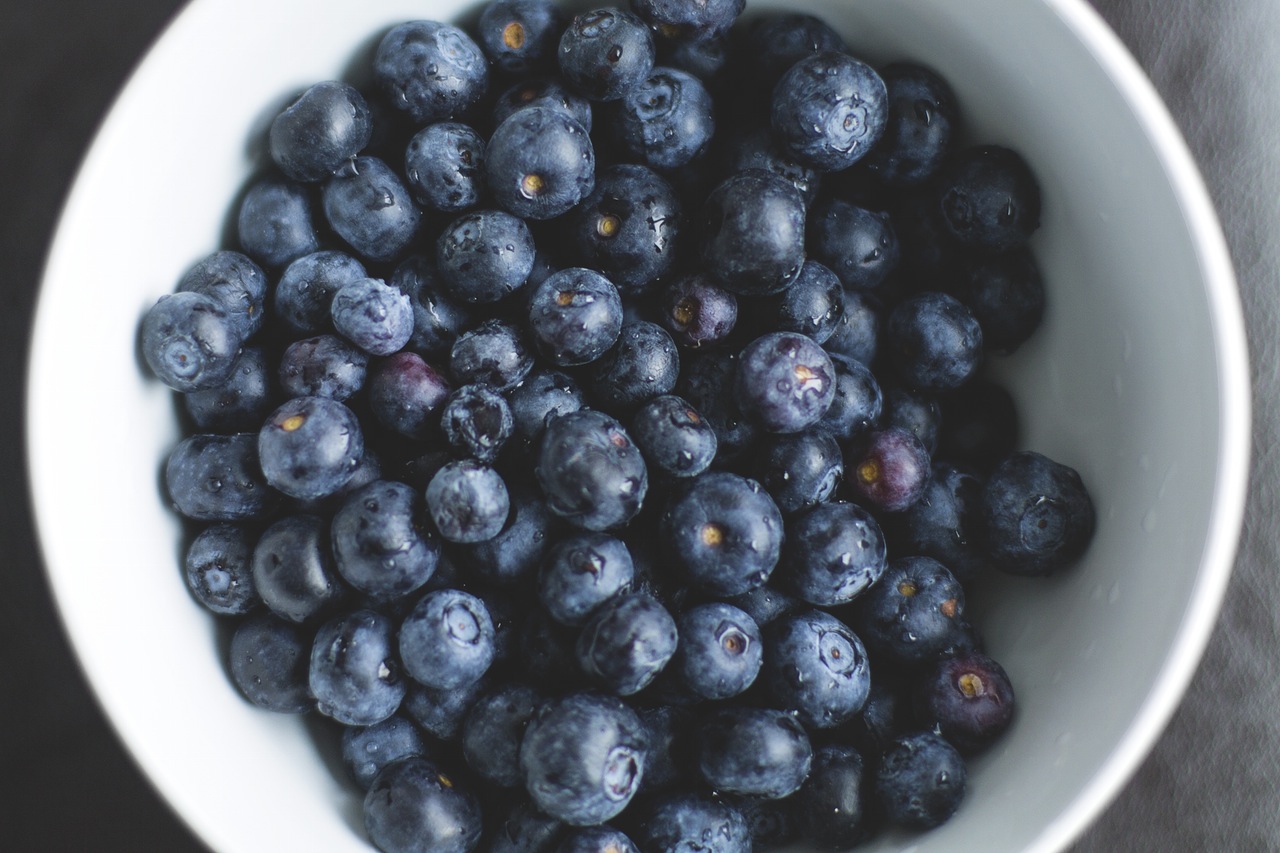 There are some general guidelines on preventing cancer, according to NCI:
There are some general guidelines on preventing cancer, according to NCI:
- Follow a diet with plenty of fruits and vegetables.
- Consider plant-based foods as a foundation for your diet.
- Limit alcohol or keep consumption to moderate amounts.
- Choose low-fat foods.
- Limit sodium (salt) intake.
- Maintain a healthy weight or lose weight if you are overweight.
- Avoid tobacco.
3. What are my goals for my cancer diet during cancer treatment?
The three main goals of a cancer diet are to:
- get you the calories and nutrients you need,
- maintain your health as much as possible, and
- avoid problems that good nutrition can prevent.
Ultimately, you want to prevent weight loss and nausea.
You will have a better chance of survival and a better quality of life if you can prevent or minimize weight loss that can happen during cancer and treatment. Keeping your weight up and having good nutrition can boost your immune system.
Nutrition therapy and medications can help you maintain better nutrition. Medical nutrition therapy can include a nutritionist or dietitian or a team of nutrition specialists. You will be assessed at the beginning of your treatment and continue to be monitored throughout your treatment and recovery.
Medications can help improve your nutritional status by helping to reduce side effects. They might help prevent or treat nausea and vomiting so it is easier to eat, and reduce diarrhea and constipation so you are more comfortable. They can also make eating easier by increasing appetite and fighting painful sores that can appear on your mouth. Medications can help your body use nutrients better by improving digestion.
You will have a better chance of survival and a better quality of life if you can prevent or minimize weight loss Click To Tweet
a. You should discuss eating problems early to improve your outcome
It is easier to prevent nutrition problems than to recover from them when you are going through cancer treatment.
Your nutritionist will analyze your cancer diet for any potential concerns such as not enough calories or missing nutrients. Then, the dietitian or nutritionist can suggest ways to get in extra calories or nutrients to meet your needs, and also provide recipes to make eating more palatable.
You and the dietitian can discuss any problems you may be having with eating, such as changes in how food tastes to you, or pain when you chew and swallow.

Your healthcare team can assess your nutritional status in additional ways, such as blood tests. For example, your doctor might order tests to assess the amounts of nutrients such as protein, iron, vitamin D, folate, and vitamin B12. Your doctor may prescribe supplements and you can also work with a nutritionist to up your status of any nutrients you are lacking.
b. The benefits of good nutrition
As stated before, the NCI says that the three main goals are to get you the calories and nutrients you need, to maintain your health as much as possible, and to avoid problems that good nutrition can prevent.
These are examples of some of the things you and your medical nutrition therapy team can work together to achieve:
- Keep up your energy and quality of life.
- Make recovery easier.
- Maintain muscle mass and strength.
- Reduce weight loss.
- Maintain bone density.
- Reduce infections from a weakened immune system.
c. What about nutrition in patients with advanced cancer?
For more advanced cancer, the cancer diet goals are different and are geared towards improving quality of life, providing energy, and helping in maintaining some strength. Good nutrition can also help limit side effects from treatment and medications.
4. What should I watch for if I am undergoing chemotherapy or radiation therapy?
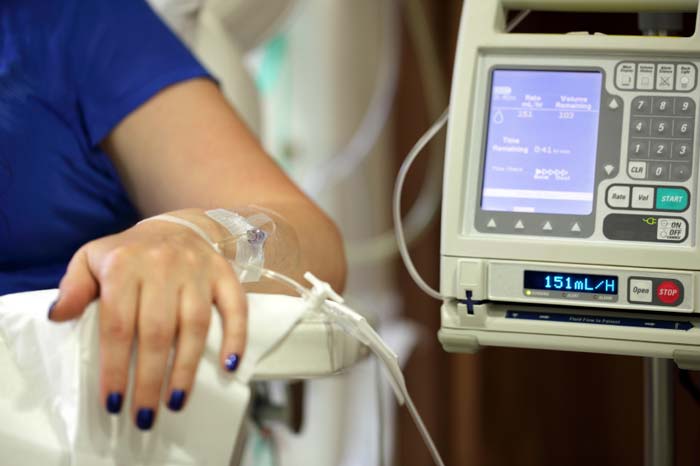 Chemotherapy uses chemicals to treat cancer and either destroy it or make it less powerful. Radiation therapy uses ionizing radiation to get rid of cancerous cells in a localized part of the body.
Chemotherapy uses chemicals to treat cancer and either destroy it or make it less powerful. Radiation therapy uses ionizing radiation to get rid of cancerous cells in a localized part of the body.
Although chemotherapy and radiation therapy are intended to target cancer cells, they also have effects on the rest of your body. They can interfere with your nutrition, so it is important to be even more careful about your nutrition during this treatment.
Watch for certain side effects if you are undergoing chemotherapy or radiation therapy. These are some of the side effects that can make eating more difficult:
- Nausea and vomiting.
- Lack of hunger or appetite.
- Sores in your mouth or throat.
- Diarrhea or constipation.
If you have these or other side effects that are making it difficult for you to eat enough and meet your nutritional needs, tell your therapy team so that they can offer solutions.
Also watch for signs that you are not getting enough to eat. Some of the signs can include losing weight and muscle mass, and feeling weak. Repeating some of the assessment tests that the dietitian or doctor performed early in your treatment can uncover problems. For example, a dietary analysis of the foods you eat might show that you are eating less and not getting enough calories and nutrients. Or, a lab report of some blood tests can uncover nutritional deficiencies such as iron-deficiency anemia or low vitamin D. Keeping up with your nutrition therapy can reduce some of the side effects of chemotherapy and radiation therapy.
5. What should I watch for if I am undergoing surgery?
Surgery aims at getting rid of cancer from your body. It is most effective and most common when there is a single tumor or cancerous mass, and not when cancer has spread to other parts of the body. The result of surgery can be removal of a tumor, removal of part of a tumor to make future treatment more effective or prevent damage to an organ, or reduce pain that the cancer may be causing.
As NCI explains, there are different types of surgery to get rid of cancer. In open surgery, the surgeon cuts open the body to get access to the tumor to remove it. Laparoscopic or minimally invasive surgery is an alternative using smaller incisions. Cryotherapy, or freezing off abnormal tissue, and photodynamic therapy, or reacting drugs with light to kill cancer cells, are more common for skin cancer.
Good nutrition is important when you have surgery for cancer. You will need extra energy, or calories, and nutrients so your body can heal. Going into surgery well-nourished and with a stronger immune system can lower your risk of complications such as infections. Your doctor or nutritionist might suggest a high-calorie, high-protein cancer diet in the period of time leading up to surgery to boost your nutrition.
Surgeries in some areas of your body can make it harder to get good nutrition. That can be the case if the surgery is in the head, neck or throat area and you are having trouble eating. If you cannot get enough to eat, your nutrition therapy team might recommend using intravenous (IV) feeding, or a feeding tube, to increase the calories and nutrients you take in.
Surgery in the digestive tract, such as for stomach cancer or intestinal cancer, can get in the way of regular nutrient digestion. That means that your body does not get full advantage from the nutrients you eat and you may need to eat more or take supplements.
Read Part 2 of the guide now and learn about the following:
- What should I do if I have nausea?
- What should I do if I cannot taste food or my taste buds change?
- What should I do if I have mouth sores or have a dry mouth?
- What should I do if I have constipation or diarrhea?
- What should I do if I have low white blood cell counts?
- What should I do if I I am losing weight (anorexia)?
- What if I cannot eat? The role of feeding tubes.
Latest posts by Michel Choueiri (see all)
- Does cancer smell? Can people smell cancer? - September 28, 2016
- Does Cancer Itch? Which cancers cause itching? - August 19, 2016
- Cancer drug prices as high as a Ferrari… per year! - August 16, 2016

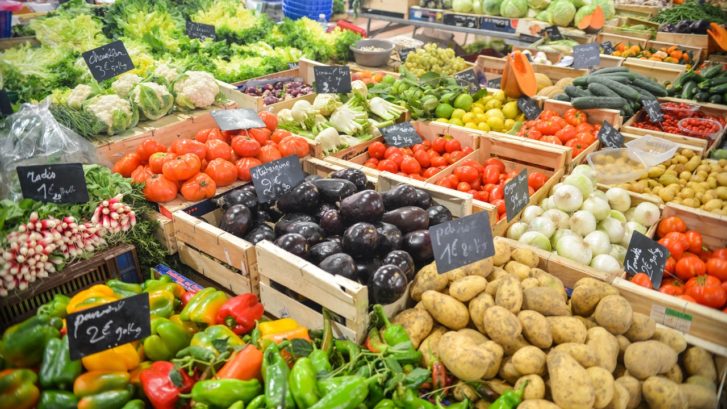
My name is Donna and I am presently going through radiation for stage 1 breast cancer with no lymph node involvement. I stay nauseous a lot and I just don’t have any appetite. Food doesn’t taste good and now I am out of money to purchase food for the next week. What can I do to get me through this I am so tired all the time all I want to do is sleep
Hello Donna, thank you for posting your comment.
Did you have a chance to read Part II of our guide about nutrition for cancer patients? You can find it here:
https://cancerdocs.com/blog/the-ultimate-guide-to-eating-for-cancer-patients-part-2/
Hope that helps, if you need further assistance please shoot us an email at info@cancerdocs.com
There is BOOST similar to ensure but with less sugar. Soak beans over night and remove frothy floats during boiling. Combine rice and beans for protein. Choose organic eggs, a complete protein. Reach out with neighbors,friends and seniors centers for support.